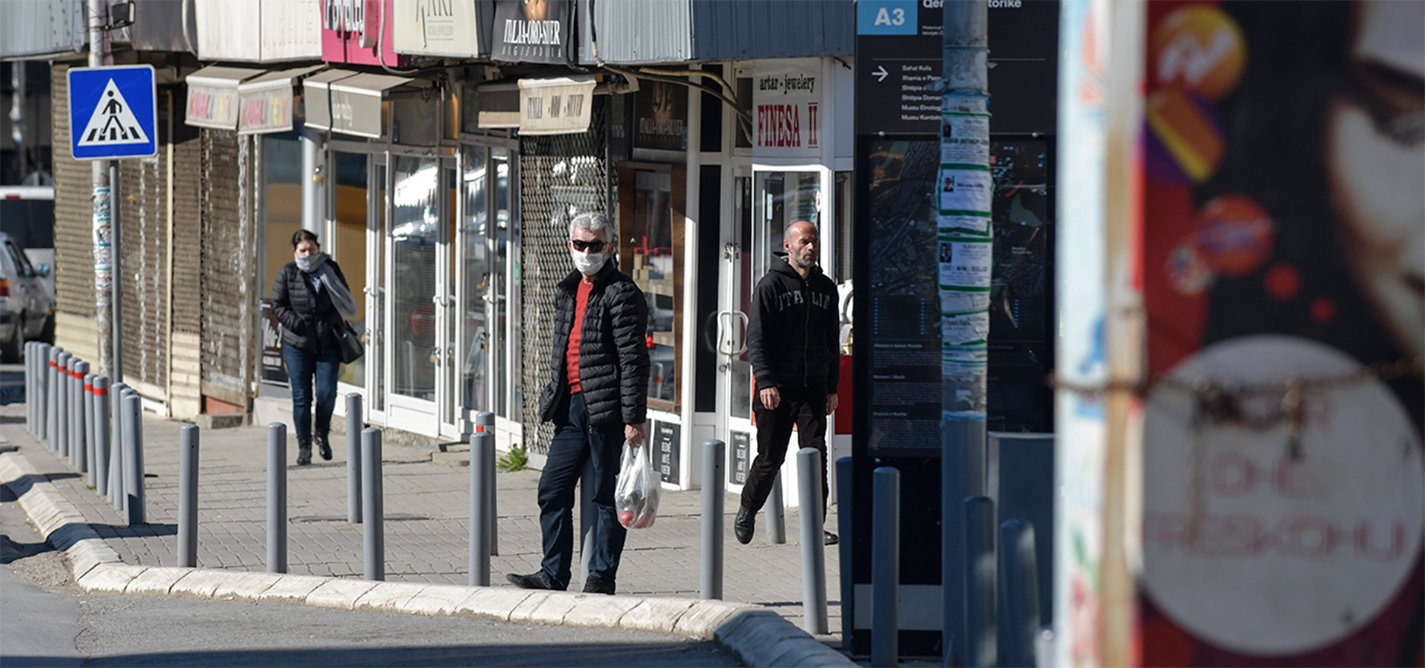
The government adopts new anti-COVID-19 measures
Curfew in several municipalities, while the hospitals are almost at full capacity.
Over 600 COVID-19 patients are hospitalized in all the health facilities in the country, while the overall capacities are around 900.
The decision will be reviewed within two weeks.

Kosovo 2.0
Kosovo 2.0 is a pioneering independent media organization that engages society in insightful discussion. Through our print and online magazines, debates and advocacy initiatives, we are dedicated to deepening the understanding of current affairs in Kosovo, the region and beyond.
This story was originally written in Albanian.